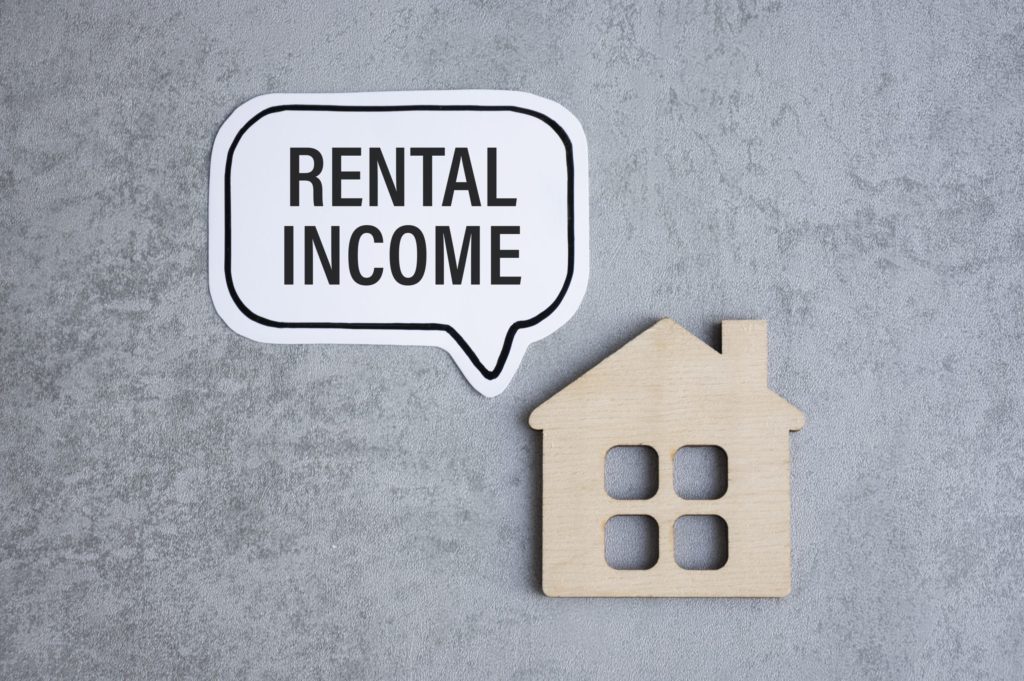Let’s be real — owning a home isn’t cheap. But what if part of your home could help pay for itself? That’s where adding a rental suite (aka a basement apartment, in-law suite, or garden suite) can be a serious game-changer. Whether you’re already a homeowner or house hunting, here’s why it might be worth considering.
💸 Offset Your Mortgage with Rental Income
The most obvious win: monthly rent from a tenant can help cover a chunk of your mortgage payments. With rental demand high in many areas across Canada, a well-located and properly built suite can fetch solid rent.
It’s like having a roommate who lives in a totally separate space — and who helps fund your mortgage while you keep all the equity gains. This may even be an option to consider for those that are currently in a high interest rate and may want to refinance to build a secondary suite. To give you a ballpark, on a $500,000 mortgage the difference between a fixed rate of 4% and 2% in 1 year is roughly $9800. If you were to refinance to pull out equity and build a legal basement suite, you could potentially generate $1000-1500 a month depending on the size/location of the suite, equating to over $12,000 a year. In this case, your higher interest could be irrelevant as your effective cost of borrowing is much lower, especially if you apply the rental income to your mortgage as a prepayment each month.
Keep in mind that the above example does not account for maintenance costs of sustaining this legal suite, but it is just to show you on how much you could potentially save, especially in the long run.
🧾 Tax Perks of Renting Out Part of Your Home
When you rent out part of your home, you’re not just collecting extra income — you’re also opening the door to some handy tax deductions.
Here are a few common expenses that may be partially deductible based on the size of the rental suite compared to the whole home:
- Mortgage interest
- Property taxes
- Utilities (if shared)
- Insurance
- Maintenance & repairs
- Depreciation (Capital Cost Allowance)
You’ll want to keep solid records and chat with an accountant, but the savings can really add up.
💡 What is Rental Cash Damming?
Here’s a clever strategy not everyone talks about — rental cash damming.
Let’s say you have a rental suite in your primary residence, and you’re using rental income to pay down your principal residence mortgage. Normally, your mortgage interest isn’t tax deductible if it’s on your principal residence. But with a rental unit, there’s a way to make some of that interest deductible — without refinancing your home. This will allow you to pay off your mortgage sooner by several years.
Here’s how it works:
- Set up a mortgage with a re-advanceable home equity line of credit where the limit increases each time you pay down your mortgage principal.
- Instead of using the rent money directly for your day-to-day expenses, you:
- Use the rental income to aggressively pay down your mortgage (which is not tax deductible) by applying a prepayment toward it with the rental income collected for the month.
- Then, you re-borrow that same amount from your secured line of credit as now that amount will be available to borrow on it, and use it to pay for rental-related expenses — things like maintenance, property taxes, insurance, etc.
- Because those re-borrowed funds from the line of credit are used to support rental income, the interest on that LOC becomes tax deductible.
- The best part about this strategy is that you can also capitalize your HELOC interest payments into the HELOC, so it pays for itself each month.
🔍 Real-Life Example
Let’s say you earn $2,000/month from your basement suite.
Instead of using that money to cover general household expenses, you:
- Take that $2,000 and apply it directly to your mortgage principal as a prepayment(aggressively paying it down). Your mortgage balance will now drop by $2000 and your HELOC limit will also increase by $2000
- Then, you take $2,000 from your HELOC and use it to pay eligible rental expenses — property tax, utility bills (if shared), repairs, etc.
The result? You’re turning non-deductible mortgage debt into deductible HELOC debt — and lowering your taxes at the same time. Over time, this can create a snowball effect of increased tax efficiency and smarter debt. This strategy could allow you to pay off your mortgage 8-12 years sooner, depending on your specific scenario.
⚠️ Pro tip: Keep everything clearly documented — separate accounts, a spreadsheet or software to track the flow, and ideally, work with an accountant who understands this strategy.
📈 Boost Your Property Value
Adding a legal rental suite doesn’t just bring in monthly income — it can increase your home’s resale value and appeal to a bigger pool of buyers down the line. Investors love properties that already generate income, and many buyers love the idea of offsetting costs with rental income.
Bonus: If you’re planning to refinance later, that extra rental income could even help you qualify for a bigger mortgage.
🛠️ Things to Keep in Mind
Before you start framing out that second kitchen, a few heads-ups:
- Check local bylaws. Every city has rules on secondary suites — zoning, permits, parking requirements, etc.
- Make it legal. A legal suite is safer, insurable, and more valuable long-term.
- Plan for vacancy. You might have a month or two without a tenant — budget accordingly.
🏡 Final Word
Whether you’re a first-time buyer stretching your budget or a seasoned homeowner looking to make your property work harder, a rental suite can be a smart financial move. It’s not just about extra income — it’s about tax efficiency, long-term wealth building, and creating flexibility in your monthly cash flow.
Have questions about rental cash damming or how a suite might affect your mortgage strategy? I’m always happy to break it down or run the numbers with you.






